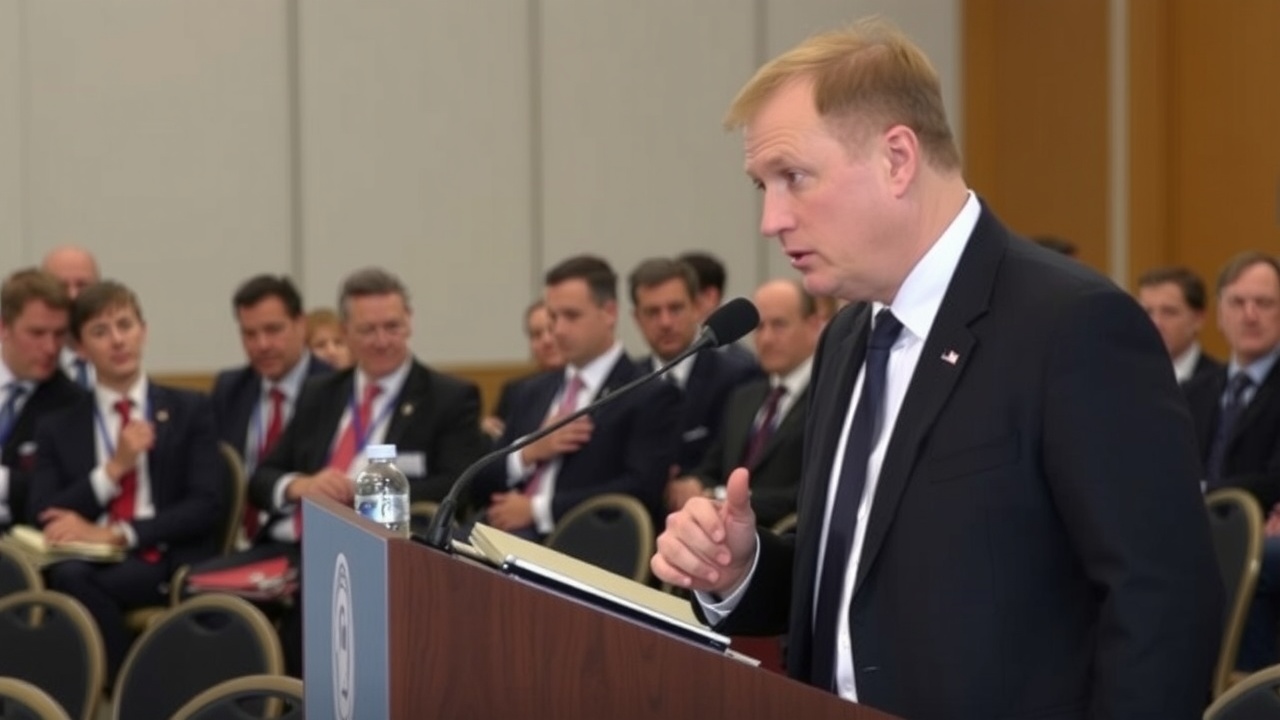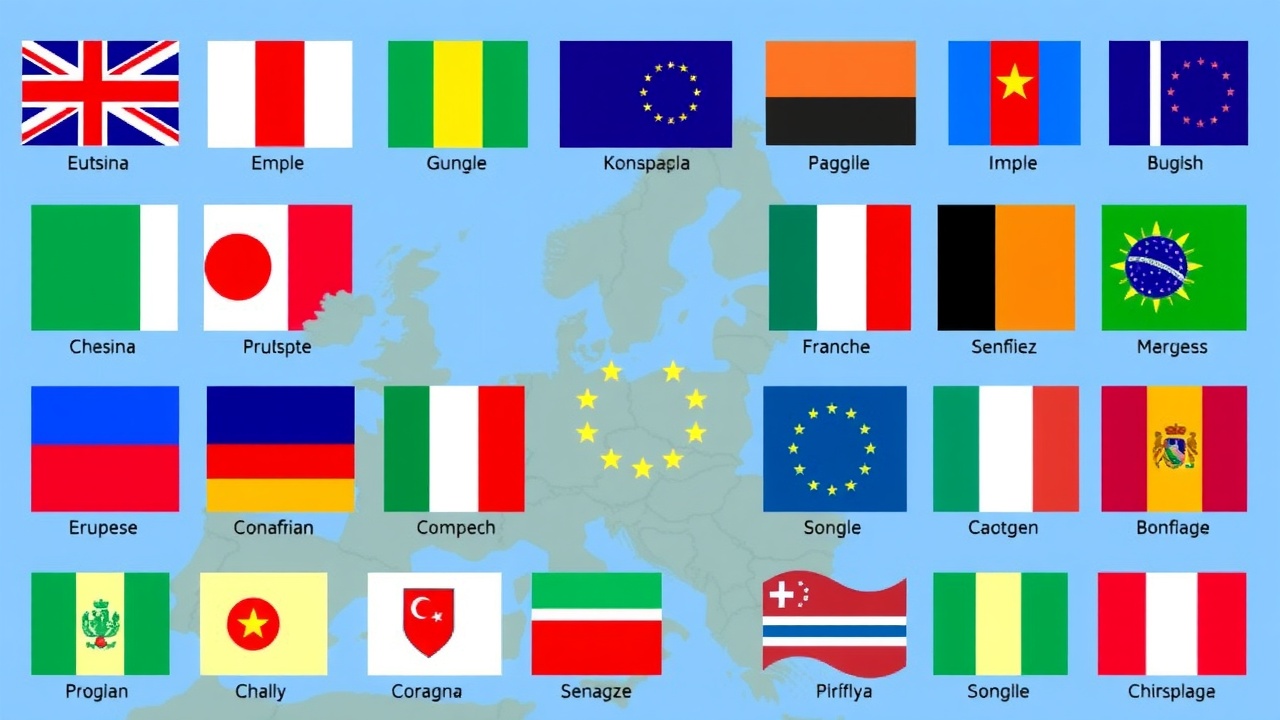
Poland has seen better stock market performance than many of its European counterparts, but what does the future hold with a newly elected populist president at odds with a Liberal government?
When considering prosperous stock markets, Poland is not the first nation that many investors think of. After all, the nation has been plagued by political unrest for many years, and the legacy of its communist past lingers.
However, the Warsaw Stock Exchange has been experiencing remarkable growth that has gone unnoticed, and investors are now beginning to take notice.
Poland's primary stock market index, the WIG index, has increased by an astounding 25 percent since the beginning of 2025. In comparison, the FTSE 100 is up about 6.5 percent, the EURO STOXX 50 is up about 10 percent, and the SandP is only up about 1 point 75 percent during the same time frame.
Significant growth has been experienced by certain companies listed on the Warsaw exchange, surpassing the impressive gains already observed in the broader markets. In terms of revenue, Orlen, a partially state-owned energy company, ranks 32nd in Europe. Since the year began, the company's stock price has increased by nearly 60%.
The stock price of PZU, a partially state-owned insurance company listed in Warsaw, has increased by about 31% since the beginning of 2025. The same can be said for Dino, one of the biggest grocery stores in Poland, which has also increased by about 30% since the year started.
Furthermore, Poland's impressive stock performance is not a recent development. The WIG index has increased by approximately 94% over the past five years, surpassing both the French CAC 40 (up approximately 49%) and Germany's DAX index (up approximately 89%).
The American stock market is also in competition with the long-term growth figures. The tech-heavy NASDAQ composite narrowly outperformed Poland over the same five-year period, rising by nearly 99 percent, while the S&P 500 grew more slowly, increasing by about 87 percent.
This year, the Polish stock market has "surged" due to "strong economic growth, low valuations, and renewed investor interest in Europe post-2023 elections," according to Pawel Majtkowski, an analyst at eToro.
However, since nationalist president Karol Nawrocki was narrowly elected on June 1st, there is now some uncertainty about whether the rally can continue. Will a new president hinder progress, or can Warsaw maintain its winning streak?
Since 2023, Poland's political climate has changed.
Following the general election in 2023, Poland has been led by Prime Minister Donald Tusk and a coalition of liberal parties that were assembled prior to the election to overthrow the Law and Justice party (PiS), which had held power since 2015.
Poland's president since 2015 has been PiS member Andrzej Duda, who has served the maximum of two terms. Duda, a staunch party man, backed the PiS government until the party was forced out of power in 2023.
After the previous administration crammed cronies into independent institutions like the courts, state-owned businesses, and the media, Tusk and his party, Civic Platform, ran on a platform of purifying Poland's power structures.
Some of this reforming agenda has been realized in the years since, but other parts have been disrupted by presidential vetoes and political infighting within his coalition.
Karol Nawrocki, a PiS candidate, won the presidential election on June 1, 2025, with a mere 50.9% of the vote, while the Civic Platform-backed candidates received 49.1%.
Investors are uneasy about this. Following the results, the Warsaw-listed WIG 20 index of the top 20 companies dropped 2%.
What prospects does the Polish stock market have?
Some analysts predict that political instability will rise as a result of a nationalist party candidate winning the presidency once more while a liberal party holds onto power, potentially impeding the expansion of the stock market.
Tusk liberals will have to put up with protracted political resistance to their reforms if they want to survive another five years of a PiS presidency under Nawrocki. There are no longer any hopes of a president helping to rebuild the Polish state in a liberal political manner.
Furthermore, the election of a rival party to the presidency demonstrates that Tusk's already waning reform mandate has gotten even weaker. After the election, Tusk declared that a vote of confidence would be held on June 11 in an attempt to rally support and revitalize his coalition.
Nawrocki will have the same presidential veto power as his predecessor to block any legislation that Tusk and his administration propose, but this time it will last the full Civic Coalitions term.
As international capital increasingly incorporates political agendas into risk assessments, Majtkowski of eToro claims that the election will "introduce a fresh layer of political uncertainty with potential market implications, dampening foreign investor interest in the Polish stock market."
He continues by saying that even though the president's office has little actual control over economic policy, the outcomes will "weigh on sentiment in the near term."
Due in part to the way the Polish stock market is set up, a sizable portion of Warsaw-listed companies are owned by the state.
For instance, the Polish state is the largest shareholder in Orlen, owning 49.9% of the energy company. The state owns about 31% of PKO Bank Polski, the biggest bank in Poland, which is also listed in Warsaw.
Majtkowski claims that Poland's stock market is "particularly sensitive to political turbulence" as a result of such extensive state ownership, which "may affect stock prices and even the financial results of certain firms."
He goes on to say that Poland's biggest companies are particularly vulnerable to this risk, cautioning that the "WIG 20 may be hit harder than the broader WIG."
Liberal voters and the Tusks ruling coalition have also expressed "strong shock" over the election results.
According to Majtkowski, this means that "we can expect deep and possibly swift changes within the government," which could have an impact on the stock prices of publicly traded companies that have a large stake in the state.
Majtkowski also thinks that Poland's political unpredictability has lessened the possibility that the central bank will lower interest rates in June. As the central bank works to control inflation, higher interest rates will continue to constrain the economy. Poland's banks, which are a "pillar" of the Warsaw Stock Exchange, will see a ripple effect in their stock prices.














Leave a comment on: Will Poland's stock market's recent success be halted by the country's new president?